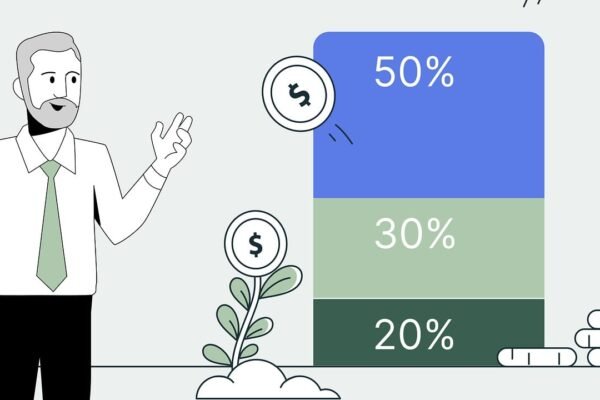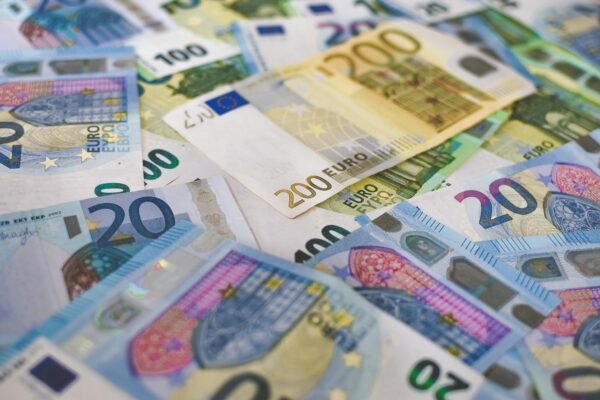
Why Capitalization Matters: Avoiding the Risks of Undercapitalization in Modern Business
In the competitive landscape of the European Union, capital isn’t just a financial number on a spreadsheet — it’s the lifeline of any serious business venture. Whether you’re running a startup in Berlin or expanding your enterprise in Paris, proper capitalization plays a central role in resilience, credibility, and long-term growth. Unfortunately, too many companies…











